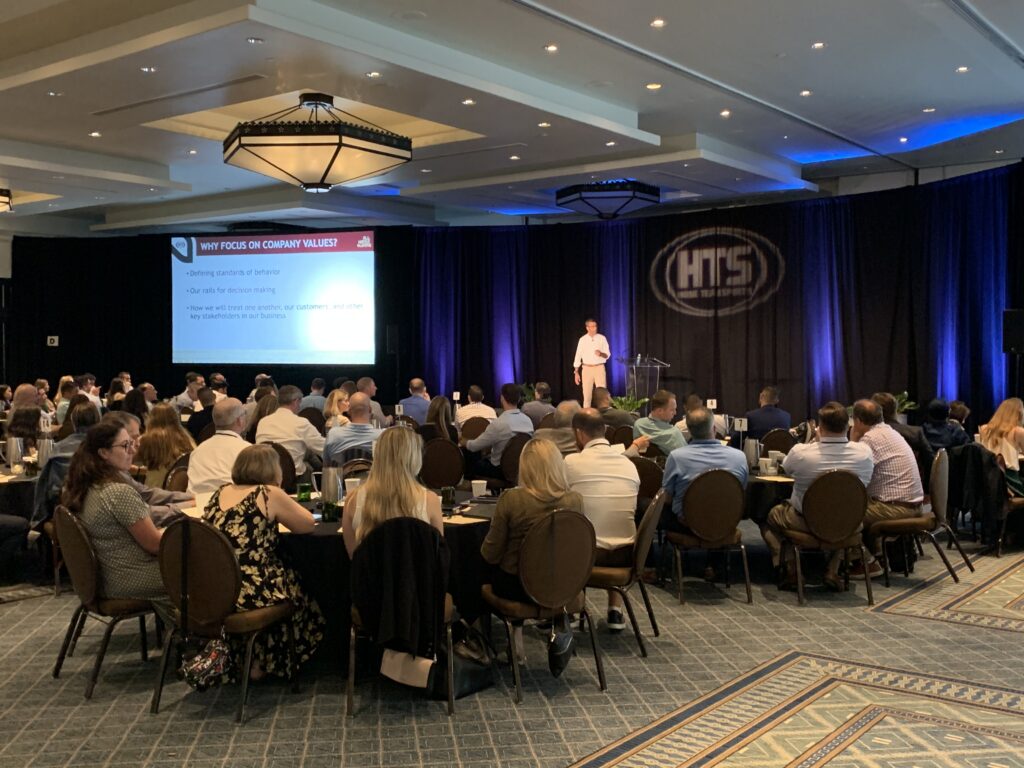In the intricate tapestry of any organization, leaders serve as the guiding stars, steering the ship through challenges and uncharted waters. They are not just individuals holding positions of authority; they are the architects of visions, the builders of cultures, and the catalysts for change. But behind every successful leader, there lies a team of managers who play a pivotal role in translating leadership ideals into tangible results. In this article, we delve into the dynamics of leadership, the essential role of managers, and the evolving landscape of leadership development.
The Responsibility of Leadership: A Closer Look
At its core, leadership is a responsibility, not just a title. Leaders are tasked with the conduct, output, and delivery of their teams. When things go awry under their watch, the true mark of leadership is owning up to it, even if blame could be diverted elsewhere. This principle transcends industries and contexts; even the captain of a cricket team can find themselves held accountable for a series of losses. It’s the willingness to shoulder responsibility, regardless of fault, that sets leaders apart.
The essence of leadership is understanding the role of being the one who doesn’t shy away from challenges, who acts in the interest of the greater good, and who listens to the gut feelings that signal when something needs attention. It’s about upholding moral courage and personal integrity, traits that define a true leader.

Leaders and Managers: Complementary Forces
In the modern workplace, the roles of leaders and managers intertwine, yet they each possess distinct attributes. Leaders inspire, challenge norms, and drive innovation. They are the visionaries who dare to dream big and compel others to follow suit. Managers, on the other hand, ensure the day-to-day operations run smoothly, coordinating efforts, making decisions, and nurturing employee growth.
However, the line between these roles is not rigid. Effective managers are those who exhibit leadership qualities, fostering a positive work environment and guiding their teams with vision and empathy. While they may not always be in the limelight, managers are the backbone of the organization, ensuring that leadership principles are translated into actionable strategies.
Nurturing the Next Generation of Leaders
In an era of rapid change and fierce competition, the need for purpose-driven leaders has never been more crucial. The ability to inspire, transform, and cultivate a sense of possibility among team members is what defines exceptional leadership. These leaders are the ones who stand up for their employees, lead by example, and foster an environment where creativity and collaboration flourish.
But how do we create such leaders? The answer lies in leadership development. It’s not enough to simply place individuals in leadership positions; they must be nurtured, trained, and provided with opportunities to grow. Leadership development programs that focus on self-awareness, communication, decision-making, and emotional intelligence can equip potential leaders with the skills needed to thrive.

“Good leaders invest time to create confidence”: Confidence isn’t always innate; it can be nurtured through trust, guidance, and support. Leaders who invest time in building their team’s confidence often reap rewards in improved performance and morale.
“People will forget what you said, people will forget what you did, but people will never forget how you made them feel”: This quote underscores the profound impact of emotional resonance. Leaders who prioritize empathy and connection create lasting impressions.
“Your culture is defined by the worst behavior you tolerate”: Cultures are shaped not only by ideals but by the actions that are accepted within an organization. Leaders who uphold high standards and address misconduct effectively fortify a healthy work environment.
Leadership is an intricate dance that requires the harmonious collaboration of leaders and managers. The responsibility of leadership goes beyond authority; it demands accountability, integrity, and the ability to inspire. Managers, in turn, play a crucial role in translating leadership ideals into practical realities. To thrive in today’s competitive landscape, organizations need both visionary leaders and effective managers, working hand in hand to drive success.
Nurturing the next generation of purpose-driven leaders through robust leadership development programs is the key to sustained growth. By embracing quotable wisdom that encapsulates the essence of leadership, organizations can create environments where individuals thrive, potential is unleashed, and the impossible becomes possible. Ultimately, exceptional leadership isn’t just about achieving targets; it’s about transforming lives and shaping the future.
If your organization is interested in Leadership development programs, new manager programs or HIPO accelerator programs, contact us – Steve Morrissey, CEO & Founder: steve@beperpetual.com










